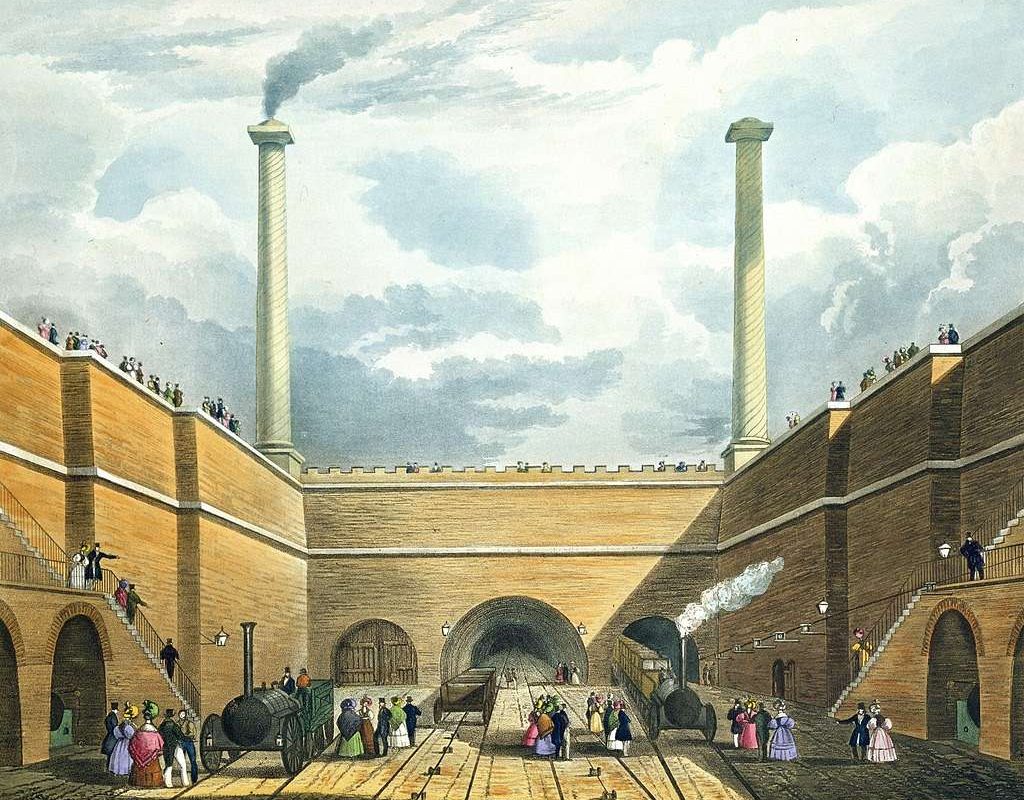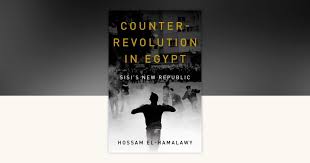Rebellious Daughters of History #20
by Judy Cox

From Celebrity Cinderella to Communist: Rose Pastor Stokes (1879-1933)
Rose Pastor Stokes was born into poverty, ‘I slipped into the world while my mother was on her knees, scrubbing the floor’, she later recalled.
Born Rose Harriet Wieslander in Poland, 1879, and moved to England with her single mother when she was three. She lived in slums of London’s East End and started work at the age of eight. Her mother married Israel Pastor and they resettled in Cleveland, America. In 1890, Rose found work in a ‘buck-eye’,”a cigar-sweatshop. Israel Pastor abandoned the family, Rose became the breadwinner for her mother and her four siblings.
In 1901, she began contributing to Yidishes Tageblat (Jewish Daily News) and was employed as a columnist in New York City. She continued to write articles, plays and poems for the rest of her life.
For one assignment, Rose interviewed James Graham Phelps Stokes, a reform-minded millionaire. Their relationship caused a sensation. On 6 April 1905, the front page of the New York Times headlined with ‘J. G. Phelps Stokes to Wed Young Jewess’, calling Rose the ‘Cinderella of the sweatshops’.
In 1906, the couple joined the Socialist Party of America and became a prominent speaker. In 1909 Rose took part in the Shirtwaist Strike which involved 40,000 New York garment workers. In May and June 1912, She lead a strike by the New York City restaurant and hotel workers. Rose also distributed birth control information.
Rose was an opponent of the First World War and was arrested on March 22, 1918, for an anti-war speech in Kansas City, Missouri, in which she declared, ‘No government which is for the profiteers can also be for the people, and I am for the people, while the government is for the profiteers’.
Rose became more radical than her millionaire husband and they divorced. She was a founder member of the Communist Party of American in 1919 and was elected to its Central Executive Committee, taking charge of the Women’s Work Department. She was a delegate to the Comintern’s Fourth World Congress in Moscow in 1922 where she submitted a minority report on the ‘Negro question.’
Rose remarried in 1927, to Jerome Isaac Romain, a Russian-Polish Jewish Communist. In 1929 she was arrested during a garment workers’ strike. An activist in the Lower East Side, Rose became known as ‘Rose of the Ghetto’.
On June 20, 1933, Rose died in Germany, where she had been treated for breast cancer. She was 53 years old.
Rose began writing her autobiography in 1924 and gave it to Samuel Ornitz, a communist writer, and later member of the blacklisted Hollywood Ten, but he did not finish it. It was called ‘I Belong to the Working Class’.
Rose Pastor Stokes wrote ‘Patterson’ in 1913 and it was published in Crystal and Max Eastman’s paper The Masses
Patterson
Our folded hands again are at the loom.
The air
Is ominous with peace.
But what we weave you see not through the gloom.
‘Tis terrible with doom.
Beware!
You dream that we are weaving what you will?
Take care!
Our fingers do not cease:
We’ve starved–and lost; but we are weavers
still;
And Hunger’s in the mill!…
And Hunger moves the Shuttle forth and back.
Take care!
The product grows and grows …
A shroud it is; a shroud of ghastly black.
We’ve never let you lack!
Beware!
The Warp and Woof of Misery and Defeat…
Take care!–
See how the Shuttle goes!
Our bruistd hearts with bitter hopes now beat:
The Shuttle’s sure–and fleet!….

Princess Mutineer: Rani Lakshmibai
Rani Lakshmibai was born in 1828 in Varanasi into a rich Brahmin family. Rani married the Maharaja of Jhansi in May 1842. She gave birth to a boy in 1851. Her husband died in 1853 and British East India Company, which ruled India, annexed the state. Rani was ordered to leave her palace.
On 10 May 1857 the Indian Rebellion, a mass uprising against British rule, erupted. In June 1857, rebels seized the Fort of Jhansi and massacred 40 to 60 British officers.
When mutineers left Jhansi and Rani took over the city. She set up a foundry to cast cannon and assembled a military force to defend the city.
In March 1858 British forces arrived aiming reconquer Jhansi. When Commander Hugh Rose demanded the surrender of the city, Rani issued a proclamation:
‘We fight for independence. In the words of Lord Krishna, we will if we are victorious, enjoy the fruits of victory, if defeated and killed on the field of battle, we shall surely earn eternal glory and salvation’.
Sir Hugh Rose’s forces besieged Jhansi in March 1858 and in April he launched an assault. Rani lead determined resistance to the British forces who slaughtered men, women and children. Rani fled the city with her son and joined the Indian mutineers occupying the city of Gwalior.
When General Rose’s forces attacked Gwalior in June, Rani lead the resistance. British forces slaughtered 5,000 Indian soldiers and inflicted a decisive defeat on the rebels. Rani was killed by a British soldier.
Sir Hugh Rose described her as ‘remarkable in her bravery, cleverness and perseverance … the most dangerous of all the rebel leaders,” and called her “a sort of Indian Joan of Arc’.
Colonel Malleson wrote about Rani in his History of the Indian Mutiny: ‘Whatever her faults in British eyes may have been, her countrymen will ever remember that she was driven by ill-treatment into rebellion, and that she lived and died for her country, We cannot forget her contribution for India’.
Subhadra Kumari Chauhan (1904 – 1948) was an Indian poet. One of her most popular poems is ‘Jhansi ki Rani’ about the courageous Queen of Jhansi.
The thrones shook and royalties scowled
Old India was re-invigorated with new youth
People realised the value of lost freedom
Everybody was determined to throw the foreigners out
The old sword glistened again in 1857
This story we heard from the mouths of Bundel bards
Like a man she fought, she was the Queen of Jhansi



